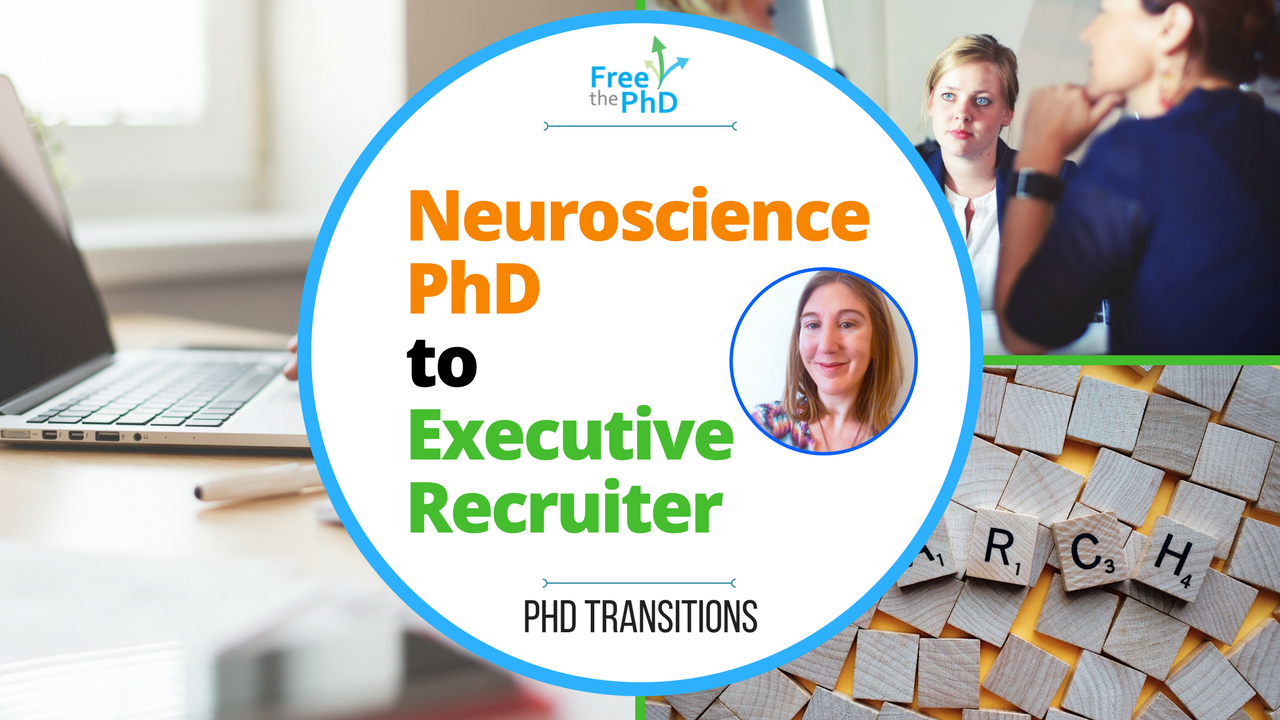From crustacean neurons to a PhD and a new career as an Associate at Isaacson, Miller! Laura is using her knowledge and experience gained from her PhD in neuroscience to help staff the next generations of leadership in institutions of higher education, directly impacting the future of education and beyond.
Starting the PhD
Some people have a long family history of academic pursuits.
And for some, lab research came out of left field.
“In college, I took a class on behavioral neuroscience because it sounded interesting,” said Laura. “The postdoc who taught that class suggested that I come work in his PI’s lab. I don’t know if I would have ever thought to ask about research if he hadn’t mentioned it to me, but that invitation changed my life.”
Like a lot of undergraduate research assistants, Laura got involved in academic research from the ground up. “I got my first taste of life as a scientist doing weird chores like cleaning the lobster tanks and the ‘carcass freezer,’ ” she said.
“I loved everything about being in the lab. My colleagues were brilliant, I could set my own hours and wear whatever I wanted, and occasionally, I got to be the first person on earth to learn a new fact about how brains work.
So, when I graduated, it seemed obvious that I should keep working in science.
After a few years as a technician in another academic neuroscience lab, I realized that I would need a PhD if I wanted any sort of higher-level position in research, so back to school I went. This turned out to be great timing, because I started grad school in the fall of 2008. Being in a PhD program sheltered me from the un- and under-employment that most of my college classmates endured during the Great Recession.”
“Little Hairs” and Brain Formation
During her Ph.D. research, Laura studied the role of primary cilia in neurobiological development.
“Primary cilia are awesome because until recently people thought they were vestigial organelles that don’t do anything (as opposed to motile cilia, which cells use to move themselves or the fluids in their environment).

As it turns out, they’re little antennae that sense biochemical signals. Cilia are required for Sonic hedgehog signaling, a key developmental signaling pathway.”
(Yep – named after that hedgehog.)
“Without Sonic hedgehog, a vertebrate embryo will have severe, lethal birth defects.
Specifically, my dissertation project asked how the cilia protein, Arl13b, regulates brain development via Sonic hedgehog signaling, and how Arl13b mutations lead to a rare neurodevelopmental disease, Joubert Syndrome.”
What to Do When Academic Options Are at the Bottom of Your List
Laura first began to consider careers outside of research during the federal budget sequestration in 2013.
“A newspaper reporter covering the sequester interviewed me about my fears that there would be no jobs for scientists by the time I finished my PhD. I continued to consider postdoc options until my last year in graduate school, when I realized that I was thinking about academia only as a last resort.
I became determined to get a job outside of scientific research and opened myself up to jobs anywhere in the country. I was tired of doing experiments, but I had no real idea of what else I could do, or what it would be like to have a job that wasn’t in a lab.”
Research career options fell lower and lower in priority, but lingered due to the lack of obvious alternative options. As this happened, Laura first applied for a variety of roles that PhDs tend to shoot for as their initial options – policy fellowships, startups, consulting.
“I spent lots of time reading job boards,” she said, “unsure of what I was even qualified to do.”
Finally, after sending out a “gazillion” applications without much luck, she began to turn her luck around by taking control of her job hunt and actively networking. Mining personal and educational networks, LinkedIn, university staff and science Twitter (“I love science Twitter so much!”) , she began to investigate recruiting as an option after learning from a friend that Google had technical recruiters with PhDs.
“I liked the idea of using complex problem solving skills to figure out what a company would need from their next hire, and how to find people qualified to meet those needs,” she said. “I reached out to a friend-of-a-friend who I’d literally met two times ever, who happened to be a recruiter.
She did an informational interview with me (and tried to place me with a few of her clients, naturally).
It was that conversation that led me to the job I have now: she mentioned my employer as an example of a highly-regarded firm in the recruiting industry, so I looked them up. They were hiring!“

The Myth of Selling Out
The joke for so many scientists is the idea of “joining the dark side” by getting a job in industry – or anywhere non-academic. It’s an unfortunate situation within the biological sciences in particular, that the idea of earning a fair living wage by joining a for-profit organization is somehow to be looked down upon.
And yet although it may never be said outright, there is a very real attitude that one will somehow tarnish one’s scientific value or ethnics anywhere outside of the academic research environment.
These negative connotations behind the concept of “selling out” unfairly label perfectly legitimate career paths, while conveniently ignoring the practicalities of life, delaying the exit from academia for many PhD students and postdocs.
Laura notes that while money isn’t everything, it’s certainly not to be overlooked. “To be sure, there are some for-profit companies that I would avoid for ethical reasons. Everybody has their own values to consider. But in a capitalist society, everything comes down to money at some point.”
In fact, being in academia doesn’t excuse anyone from feeling the effects of – and ultimately playing a personal part in – the business of science. And like in any other business, academic science can also have layoffs, poor management and unstable career prospects, just on a much longer time scale than business settings would ever tolerate.

“I hated being reliant on the budgetary whims of Congress for survival and suffering because other industries have better lobbyists than the NIH does,” Laura said. “I felt powerless to change anything about that situation.
Within a single company, it’s much easier for a person like me to influence important decisions about where and how to invest resources.
Plus, I know for a fact that what I do every day has real, quantifiable value to someone, because a client is paying for those services.”
And in the end, joining a business doesn’t mean giving away your expertise for a lesser cause, as you will see in all PhD career transition stories. Entering society in any capacity past academic research allows scientists to take a closer step to real life impact in a way that suits each individual.
An added perk is that you will quickly learn to advocate for your own directions and priorities in life.
Laura notes:
“So many people suffer so much in grad school because they can’t get their degree any other way. In a real job, you’re free to go at any time, and your boss knows it. If they’re smart, they’ll listen to your feedback and try to make your job better and more fulfilling over time, to encourage you to stay. It’s weird to realize for the first time that you actually have some leverage. Be prepared to use it.
That’s part of doing business, and no one else will do it for you.”
Go Your Own Way
By Laura Mariani, Ph.D.
Looking to Free your PhD and blaze your own career path? Join us in the Ultimate Career Transformation for Scientists Program for behind the scenes details on transitions and the only job hunt protocol you need to succeed!

